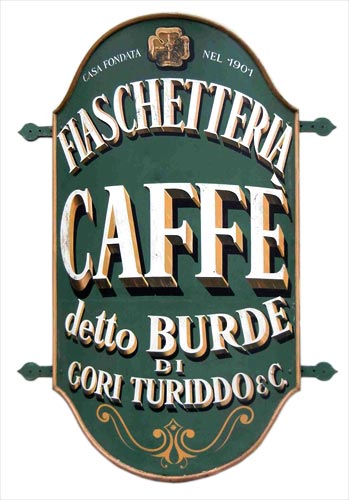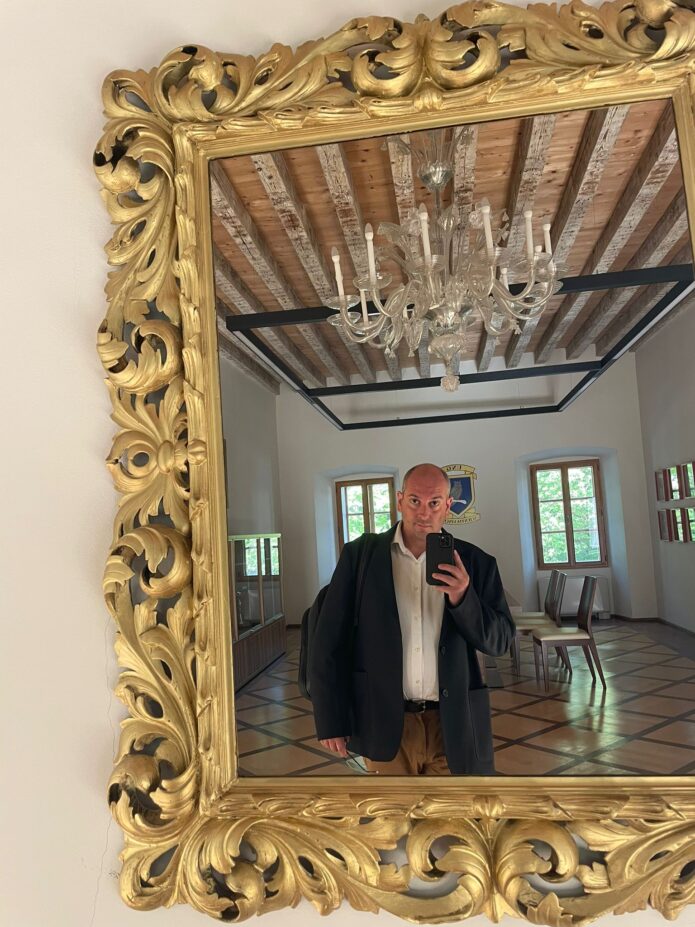Last week I had the occasion of speaking in Nova Gorica about wine ecommerce today and what are the opportunities for people working in the wine sector (not only in wineries but also in digital wine stores and marketplaces) . From traditional retail converted in digital versions to wine club to the metaverse and NFT, I tried to cover a lot of viable strategies and tactis. Here below you’ll fine the links at the podcast I recorded during the lesson. Enjoy!
Part 1 Direct to Consumer
E-commerce (electronic commerce) is the buying and selling of goods and services, or the transmitting of funds or data, over an electronic network, primarily the internet. These business transactions occur either as business-to-business (B2B), business-to-consumer (B2C), consumer-to-consumer or consumer-to-business. Within B2C sales we also find the DTC, direct-to-consumer, segment. But, does the word E-commerce make sense?
Today, e-commerce is about
strengthening brands for a segment, collecting and using data, redefining what valuable role stores play, going downstream in the Customer Experience (CX) as much as possible, using all the rest of online distribution as an ongoing tactic, to have a broad brand coverage.
Let’s discuss the first part of what’s important for a wine business nowadays, direct to consumer selling and marketing…
Part 2 Online Marketplace
An online marketplace is an eCommerce site or app that facilitates shopping from many different sources. The marketplace’s operator does not own any inventory. Instead, their job is to show other people’s products to customers and enable transactions. Nowadays, there are countless online marketplaces from sites like Amazon, eBay, Etsy, Walmart, Alibaba, and far more. According to analysts, global marketplaces will account for 40% of the global online retail market in 2020… Have a look on Vivino, Drizly, CellarLink, Bid for Wine, Catawiki…and how they can work for your wine business!
Part 3
Nowadays a winery must be ready to sell his wine on the metaverse as well in the cellar or an online marketplace as well using an NFT paid with ethereum… The only strategy viable is the Omnichannel strategy! Omnichannel it is the ability to follow customer behavior, to be able to manage communication in real time on different points of contact (online and offline) and to adopt data-driven marketing and CRM strategies as a guiding element. In our case it means:
-be present on multiple sales channels (digital stores, retail wine shops, restaurant, wine club, enprimeur markets)
– verify the frictionless experience of our consumers (if they want your wine, they want it quickly! like wine delivery service)
– check brand awareness, therefore a coherent corporate message on social media, website, ecommerce
-analysis of the customer database

